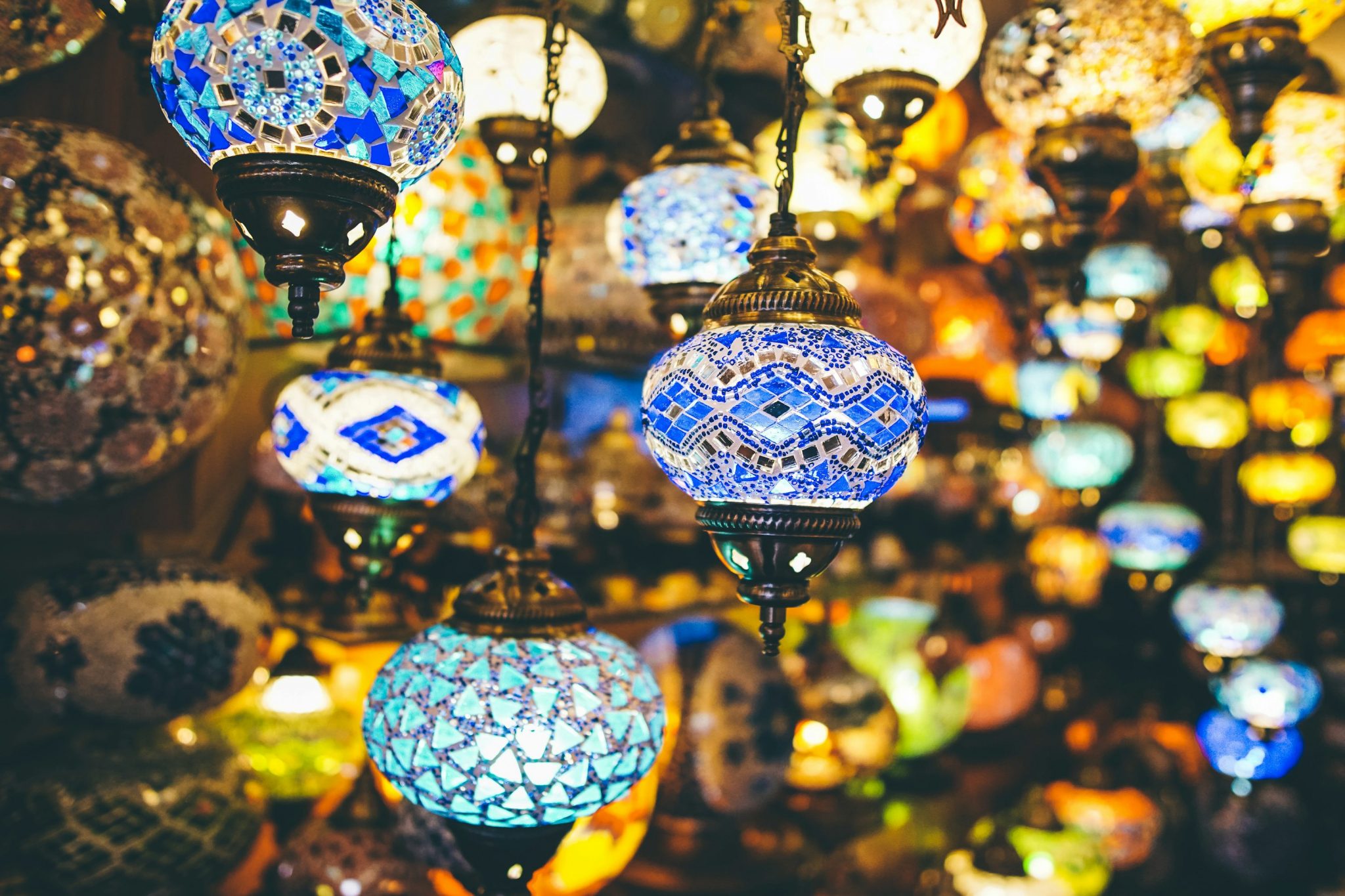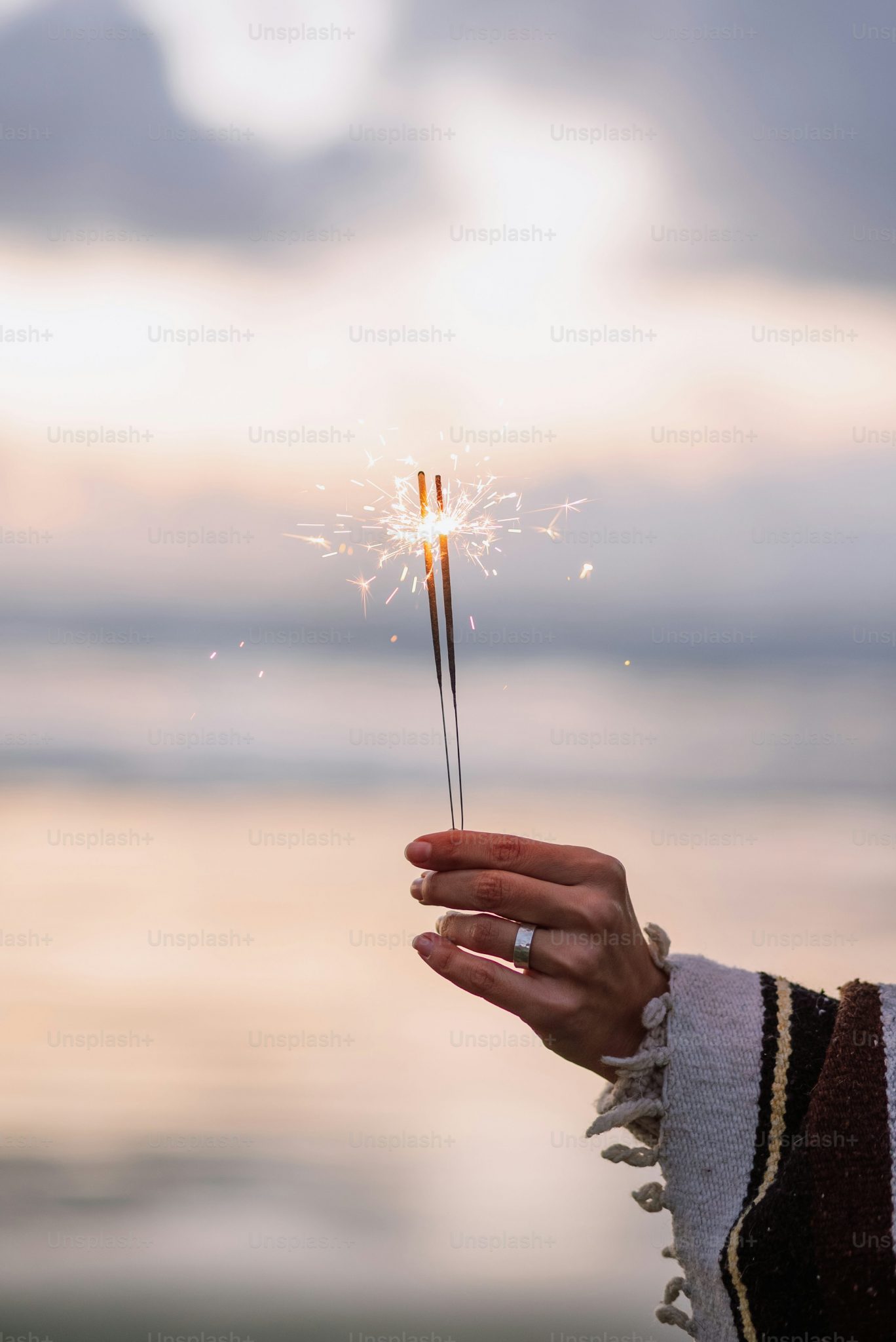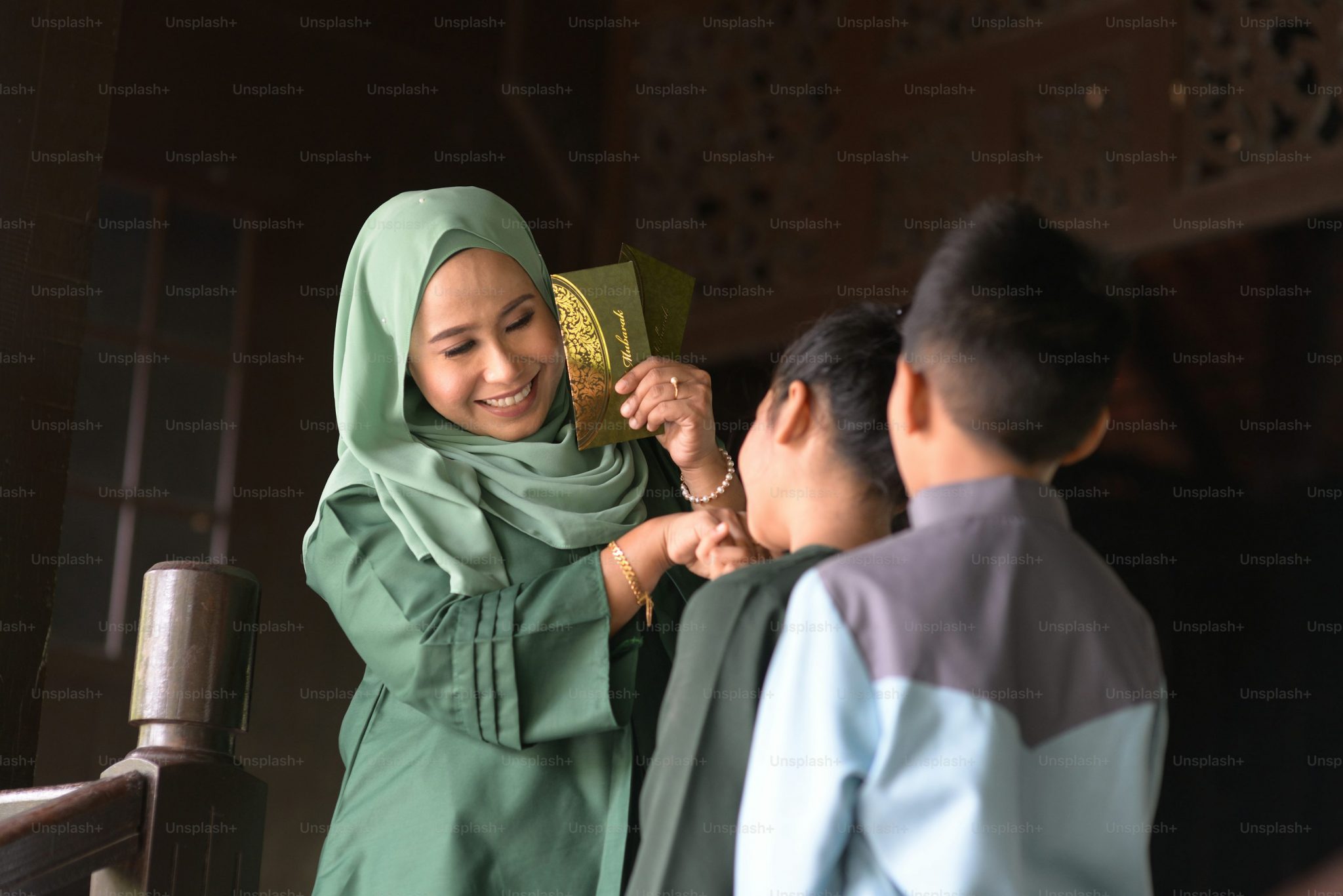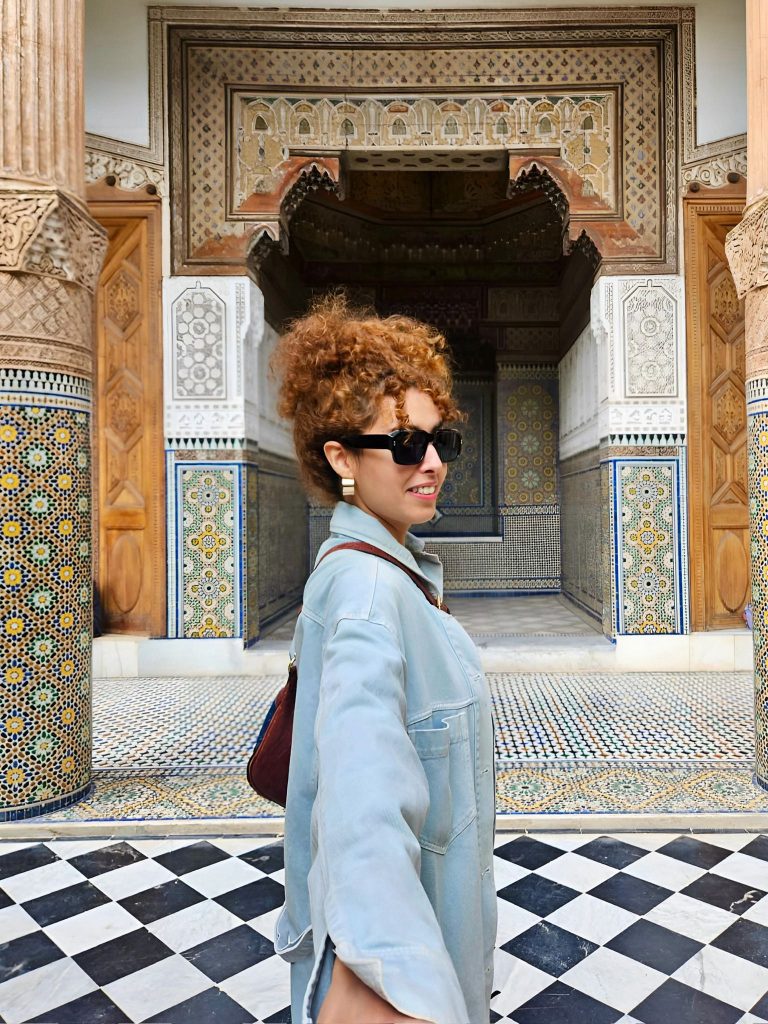Eid Mubarak! Eid is a day of joy. A day of gathering, laughter, warmth, and traditions passed down through generations. It marks the end of Ramadan, a month of fasting, reflection, and self-discipline. It’s meant to be a time of togetherness. But when you’re away from your family, especially as an expat, Eid carries a different weight. Not in the days leading up to it, but in the quiet moments of the night before or the morning of. That’s when it sneaks up on me, every single time.

I’ve spent many Eids away from home. I’ve shared them with friends, partners, and people who tried to make it feel special. And while I’ve always appreciated that, it’s never quite the same. Because Eid isn’t just about celebration. It’s about a shared experience—one that only truly feels whole when you’re surrounded by those who lived through Ramadan with you.
What is Eid?
Eid al-Fitr, or the “Festival of Breaking the Fast,” is one of the two major Islamic holidays. It is celebrated on the first day of Shawwal, the month that follows Ramadan. It begins with a special prayer at sunrise. This is followed by a day filled with family visits, feasts, and acts of charity. It’s a day of gratitude—gratitude for having completed a month of fasting, for the strength it took to do so, and for the blessings of food, family, and community.
In Islam, Eid isn’t just a celebration—it’s an obligation. Before the prayer, Muslims give Zakat al-Fitr, a small charity meant to ensure that even the less fortunate can partake in the joy of the day. The prayer itself is a collective one. It is performed in mosques or open spaces, where people of all backgrounds and social statuses stand side by side, equal in faith.
And then, the real essence of Eid begins: the gathering. In Morocco, as in many Muslim-majority countries, this means going back home—to the family house, to childhood memories, to tables overflowing with food. There is the comfort of familiar faces.
Eid in Morocco: A Morning of Tradition and Togetherness
Eid mornings in Morocco start early. The men, and often women, dress in djellabas—flowing traditional garments—before heading out for the Eid prayer. The streets are alive with a quiet excitement, filled with the spiritual and cultural weight of the holiday.
After prayer, the real celebrations begin. Families gather, usually at the home of the eldest member, where breakfast is a feast. Msemen (layered pancakes), baghrir (spongy crepes), honey, butter, Moroccan tea, and coffee are served in a spread as abundant as it is comforting. The day unfolds with visits to relatives, shared meals, exchanging Eid Mubarak wishes, and simply being together.
The beauty of Eid in Morocco lies in its balance of the spiritual and the communal. It’s not just about the rituals or the food. It’s the connection—the shared sense of belonging that fills every home.

Eid Across the World
Traditions may differ across regions, but the essence of Eid remains unchanged. Elaborate feasts often follow morning prayers in the Middle East. In Indonesia and Malaysia, ketupat (rice cakes) and spiced meats hold a central place in the celebrations. Turkey’s Seker Bayrami (Sugar Feast) reflects its name with households exchanging sweets like baklava and lokum (Turkish delight). Around the world, Eid serves as a celebration of connection, gratitude, and joy.
How Non-Muslims Can Wish Their Muslim Friends a Happy Eid
For those who don’t celebrate Eid but want to share in the joy of the day with their Muslim friends, a simple and heartfelt greeting goes a long way. Saying “Eid Mubarak,” which means “Blessed Eid,” is the most common and universally appreciated way to extend your wishes. You can also say, “Happy Eid” or “Wishing you a joyful Eid.”
The key is sincerity—your Muslim friends will appreciate the gesture, regardless of how familiar you are with the traditions. If you’d like to go a step further, asking them about their family’s traditions or how they plan to celebrate can open up meaningful conversations and deepen understanding. Small acts of kindness, like sharing a meal or simply checking in, can also be a thoughtful way to show you care.
When You’re Away from Family, Eid Feels Different
Being an expat away from family on Eid isn’t necessarily lonely. I’ve been surrounded by friends, by people who cared, and by invitations to gatherings. But it’s never quite the same, because it’s not just about being with people. It’s about being with the people who make Eid feel like Eid.
Well-meaning friends have suggested ways to make it feel special: “Go to a nice restaurant,” “Do something fun,” “Treat yourself.” And while I appreciate the effort, Eid doesn’t work like that. It’s not just a day off. It’s a ritual, a rhythm, a shared nostalgia that can’t be replicated—something every expat comes to understand deeply.
The sound of my mother in the kitchen, fretting over whether the msemen is too dry, lingers in my mind. It’s the way my family moves seamlessly through the house. Like a choreographed routine we never practiced but somehow always perfect. It’s the overfilled couches, the hurried scramble to change before guests arrive, and the inevitable chaos of trying to take a family photo. No one ever looks in the same direction.
As an expat, I miss the moments where Eid felt just right. When the house was filled with greetings and laughter. When we all put on our best clothes and sat together to share a meal. There’s a vibe, an atmosphere that comes with Eid at home. It’s something unspoken but deeply felt. Something you don’t realize you’ll miss until it’s gone.

A Reminder That Comes With Distance
Eid, more than any other holiday, reminds me of what truly matters. When you’re away from your family, it becomes painfully clear. It was never about the food, the new clothes, or even the traditions themselves. It was about the people. The presence. The feeling of home, however messy, chaotic, and imperfect it may be.
If you’re celebrating Eid with your family this year, don’t take it for granted. Take in the noise, the interruptions, and the laughter. Appreciate the little things that might seem insignificant now but will mean everything when they’re gone. And if you’re spending Eid away from family, I hope you still find warmth in the day, in whatever form it takes.
Because even when we’re far from home, the meaning of Eid never really leaves us. It lingers in the prayers we say, in the food we share, and in the memories we hold onto. Until, insha’Allah, we can celebrate it the way it was meant to be.
For more insights on Moroccan traditions and their deep connection to celebrations like Eid, explore Ramadan FAQ: Your Complete Guide to the Most Asked Questions, The Seasonal Celebrations of Morocco and Their Textile Traditions, Discover Morocco’s Rich Heritage and Artistry, and Why Morocco is Famous: 7 Must-Know Facts. These stories bring to life the beauty of Moroccan culture and its timeless traditions.


